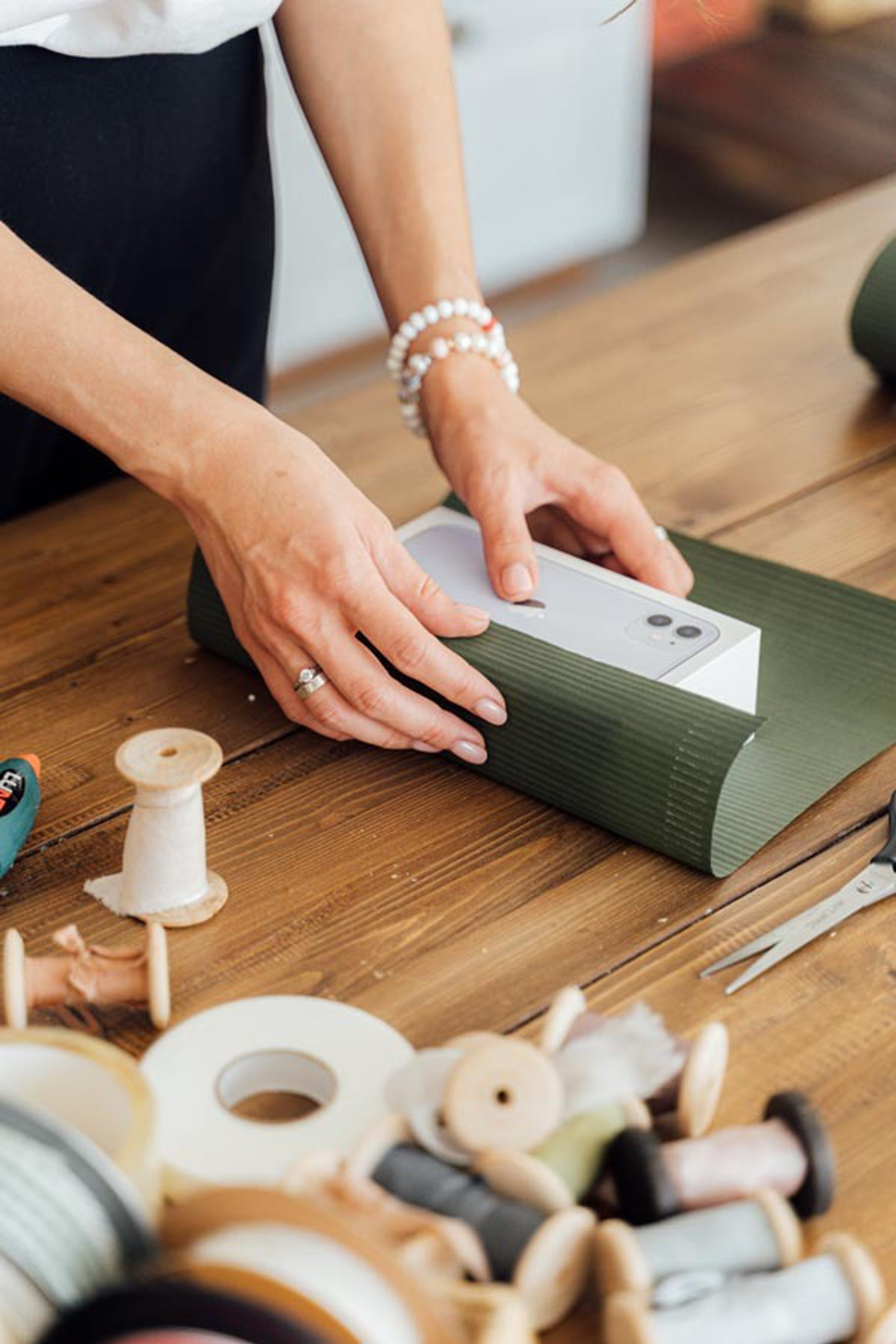
How to stop someone from copying your trademark or products in Denmark
When you become aware of an IPR-infringement of your trademark or product, it is important to react fast
Although there are no specific time-limitations to initiate infringement proceedings, the promptness of your reaction will determine whether a Danish court will grant a preliminary injunction to stop the infringement immediately. In this article, we would like to give you answers on how to handle trademark infringement proceedings in Denmark.
How to stop someone from copying your product or trademark in Denmark:
- gather documentation for your trademark and product rights and their potential infringement;
- send a cease and desist letter to the infringing party as soon as possible;
- assess the alleged infringing party’s arguments for using the mark/product;
- stop the infringing party with a preliminary injunction;
- make a complete assessment of all the documentation you have and secure solid evidence on the infringement;
- consider to report the infringement to the police, initiate a court case and make the infringer pay damages.
How are you protected?
As a holder of a trademark in Denmark, you are entitled to prohibit anyone from using any mark that is identical to your trademark.
Even if their trademark is not identical but just has a very similar expression to yours, you might still be able to stop them from using it. As an example, we all know that Maersk – the large Danish shipping company – has a white star with 7-points on a light blue background. Is another company allowed to use a 6-pointed white star on a dark blue background? It depends on the following factors:
- Is the 6-pointed start likely to cause confusion with the average consumer? I.e. would people look at it and say, “ahh, that must be Maersk!” If so, that indicates that the rival trademark is too similar to the famous Maersk star.
- Which products or services does the 6-pointed star company sell? If the other company is also a shipping or container company, it would definitely be the case of a trademark infringement, as the products are very similar. However, maybe it will not be a mark infringement, if the other company sells ornamental stars used for Christmas trees.
- How distinctive is the trademark? Is it a symbol very common in consumers’ everyday lives? If a company’s trademark is a red heart, there is a risk that it is not sufficiently distinctive for it to fend of all other companies who use a similar red heart as trademark. What about the Maersk star then? A star is a quite common symbol. Yes, but even common symbols can obtain a very strong protection against similar common marks, if the mark has existed for a very long time, has been substantially branded and is easily recognized by consumers in the market.
Here are the steps for stopping IPR infringement in Denmark:
1) Collect initial documentation
Before you contact the other party, we recommend securing as much documentation as possible within the first few days. However, do not wait too long before moving on to step 2 and 3, as you risk losing your right to stop them via a preliminary injunction, if you are too passive.
2) Send a cease and desist letter
It is common that the infringement process starts with communication between the parties. To document that you have clearly told the infringer to stop, you should send a “cease and desist letter” as soon as you have collected adequate initial documentation. The legal purpose of the cease and desist letter is to ensure that, if the other party does not stop their use, they will be considered “in bad faith” from this moment and onward.
There is no legal requirement of sending a cease & desist letter, but it would be recommended in 9 out of 10 cases. The only time you would not send a letter is, for example, if the infringer has a warehouse stocked with illegal copies of your products, and you do not want them to suspect anything before the police or authorities are able to make a preliminary injunction or even seize the illegal products.
3) Assess their defense
If the infringing party replies quickly to your cease and desist letter, now is the time to make an initial assessment of their arguments. If they are clearly infringing on your IPR – e.g. directly copying your products, I would not expect them to reply. However, if they are not directly copying your trademark or product, but merely use a similar mark or sell a similar product, you can expect to receive a qualified defense from their attorney.
You must assess the validity of their arguments. They might even document that their trademark is registered. That would change your tactics going forward.
4) File for preliminary injunction
Usually, a court case lasts 8-12 months in Denmark. As a holder of a trademark or copyright, you should not have to suffer a continued infringement while the case is pending. Therefore, there is a possibility of filing for a so-called “preliminary injunction” right at the beginning of the court proceedings. The court will assess the initial documentation you collected, and decide whether the infringement is so obvious, that a prohibition or injunction should be issued against the infringing company immediately.
Although this is a very strong tool to have in your toolbox, be advised that a mere presumption of infringement will probably not be considered enough to prove the infringement. If the court allows a preliminary injunction and later the claim turns out to be without merits, you risk being held liable for losses suffered by the alleged infringer because of the unjustified threats and allegations. Therefore, we recommend being very certain of your rights, your documentation and the nature of the infringement before filing for preliminary injunction.
5) Make a final assessment of your documentation in relation to the infringer’s counter arguments
The burden of proof lies with you as the party who claims that your trademark or copyright has been infringed or that the infringer’s trademark is invalid due to a lack of distinctive character. Therefore, in order to increase your chances of obtaining a judgement in your favor, you should be able to provide solid evidence for your IPR related arguments before proceeding further.
6) Initiate the actual court case to stop the infringer and make them pay damages
There are different possibilities for you as a trademark holder in the event of infringement.
Depending on the particular circumstances, you could initiate civil proceedings (and file for a preliminary injunction as mentioned above).
In Denmark, the competent authority for IPR cases will be the Maritime and Commercial Court. Proceedings here would typically last between 8 and 12 months, especially if the parties call for expert witnesses to assess the IPR in question. In addition to stopping their infringement, it would be customary to either claim for (i) damages for the loss the infringement has resulted in, or at least (ii) fair compensation for the infringer’s illegal use of your IPR.
Criminal proceedings can also be initiated, if the infringement was committed intentionally or by way of gross negligence. Although criminal proceedings are not very common in infringement matters, we do have clients who chose this path if the infringement is committed intentionally or if there are other aggravating circumstances. The sanction would be a fine or sometimes even imprisonment.
In the specific situation where you wish for the infringer’s registered trademark to be cancelled, you need to initiate administrative proceeding for the cancellation of a national or international trademark (under the Madrid Protocol). Administrative proceedings are brought before the Danish Patent and Trademark Office.
Is someone using your trademark or copying your products in Denmark? Let us help you stop them! Contact attorney-at-law Nicholas Ørum Keller, Baker Tilly Legal Advokatfirma.

If you need help on IPR infringement cases, trademarks, code/programming, patents, copyrights, inventions, technology transfer or IT development contracts.











